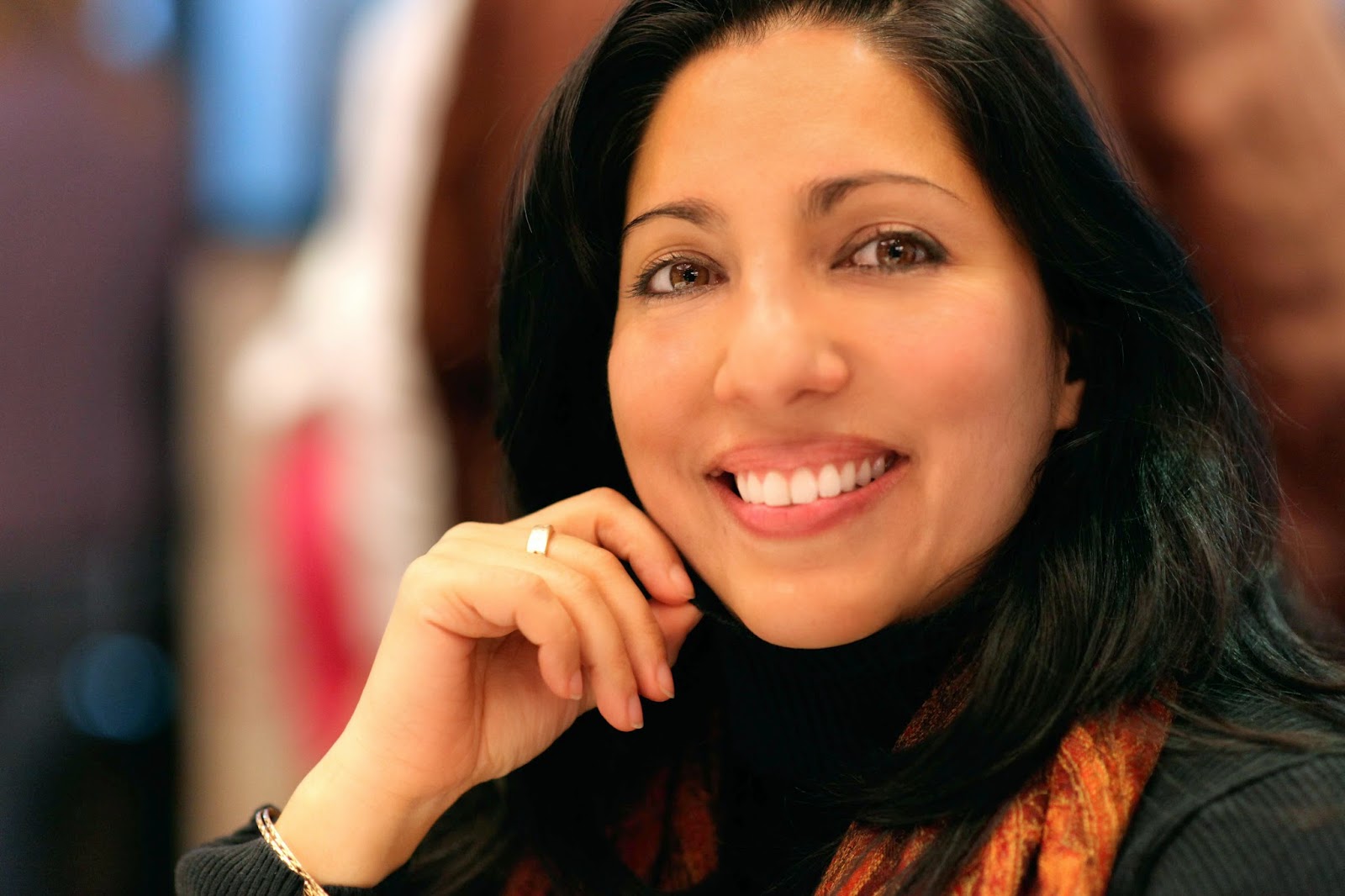Our second grade lunch recess book club had their first meeting on Wednesday! We're reading Almost Zero by Nikki Grimes, the third installment in her Dyamonde Daniel series. (The third grade club, which is reading the same book, starts today and the combined third/fourth grade club, reading Ramin Ganeshram's Stir It Up, meets on Monday!)
Kids who join book club are voluntarily giving up recess once a week to gather in the library learning commons to talk about what they read.
Almost Zero is a short book with a lot of depth. It is accessible even to young chapter book readers, but the subjects it deals with are profound ones: needs vs. wants, what parents owe their children, good manners and respect for others, compassion and generosity and gratitude...
We started off by discussing some of these topics. Students talked in pairs about what parents should do for their children - and they came up with some very insightful answers. Everyone agreed that one thing parents owe their children is guidance, which includes limits on behavior and possessions - sometimes saying "no" to requests or demands. This insight emerged independently from a group of 7 and 8 year olds, which really impressed me!
Next, the students worked in pairs to act out the scene from the book in which Dyamonde rudely insists that her mother has to buy her the expensive sneakers she wants. As you can see from their body language, they really got into the spirit of things! Their goal was to see if they could negotiate a different solution. We had some very strict "mothers" who reacted even more strongly than the mom in the book - but others gave a conditional "yes" (as long as Dyamonde saved up to pay for part of the cost herself).
We had so much fun on Wednesday and I can't wait to see what third graders do today!

















































